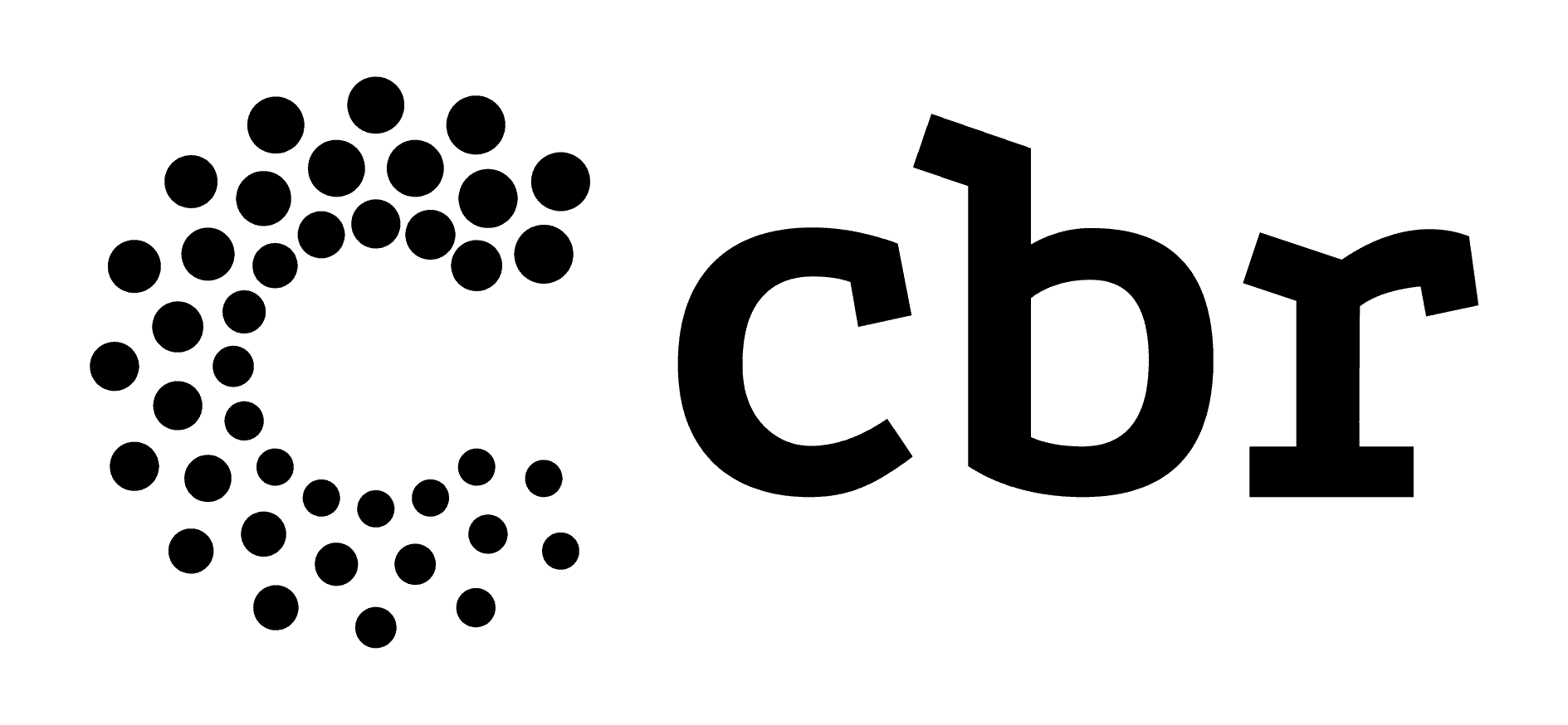2018-11-21 17:03:26
- 8
Radiology and the medical act
Despite having been approved more than five years ago, the Law of the Medical Act (Law nº 12.842/2013) is still the subject of heated discussions, leaving doubts about what is a private act of Medicine and there are still situations in which other professions try to meddle in the typical and unique activities of physicians. Indeed, the aforementioned Law brought a list of activities that are exclusive to Medicine: indication and execution of surgical intervention and prescription of pre- and postoperative medical care; indication of the execution and execution of invasive procedures, whether diagnostic, therapeutic or aesthetic, including deep vascular accesses, biopsies and endoscopies; tracheal intubation; coordination of the initial ventilatory strategy for invasive mechanical ventilation, as well as the necessary changes in the face of clinical intercurrences, and the invasive mechanical ventilation interruption program, including tracheal extubation; execution of deep sedation, anesthetic blocks and general anesthesia; issuance of reports on endoscopic and imaging tests, invasive diagnostic procedures and anatomopathological tests; determination of the prognosis related to the nosological diagnosis; indication of hospitalization and medical discharge in health care services; conducting medical examinations and medico-legal examinations, except for laboratory tests of clinical, toxicological, genetic and molecular biology analyses; medical attestation of health conditions, illnesses and possible sequelae; death certificate, except in cases of natural death in a location where there is no doctor. Here, it is worth mentioning the indication of execution and execution of invasive procedures and the issuance of reports of endoscopic and imaging exams, with exception only to those acts performed by the dentist, always within the scope of his/her area of expertise or the care provided to people under imminent risk of death. That is, this Law leaves no room for doubt and interpretation for the exercise of these activities in the scope of professions other than Medicine, and other non-medical professionals cannot perform acts that are exclusive to physicians. In this sense, it is important to mention that the allegation often used by non-medical professionals to perform tests on patients without a diagnostic purpose cannot succeed, as this practice does not serve the best interest of the patient, subjecting him to undue procedures or innocuous, which can often be harmful to your health. The Federal Council of Medicine itself, even before the enactment of this Law, had a position in the sense of ruling out acts performed by non-doctors that implied invasion, diagnosis, prognosis and therapy, anchoring itself especially in the argument that only the doctor has broad and sufficient training for treating patients, which was later ratified by Law No. 12,842/2013. Although professional practice is free, the professional's technical ability has always been a condition sine qua non to have their right to act in the area recognized. Or rather, scientific knowledge is necessary for practical action, however, a law was necessary to determine the private acts of doctors, such is the constant threat made by other professions regarding the illegal exercise of acts related to Medicine. The Federal Supreme Court, before the enactment of this Law, already defined the private act of the physician, consolidating a position in the sense that it is only up to the physician to diagnose the disease and indicate treatments, while physiotherapists and occupational therapists are only responsible for executing the methods and techniques prescribed by doctors. “It is not objected that, among the specialties of the medical course, there are, equally, Physical Therapy and Occupational Therapy. These medical specialists will be responsible for the more demanding and complex task of diagnosing, prescribing treatments, as well as evaluating the results; not the material execution of prescribed techniques and methods, reserved for the new profession.” (in www.stf.gov.br, Rp. nº 1.056-2-DF, Rapporteur Minister Décio Miranda, Judged on 05/04/1983). Thus, physicians must enforce their constitutionally and legally guaranteed rights, promoting complaints, if necessary, against any act that threatens their prerogatives and guarantees.
CBR legal advice



